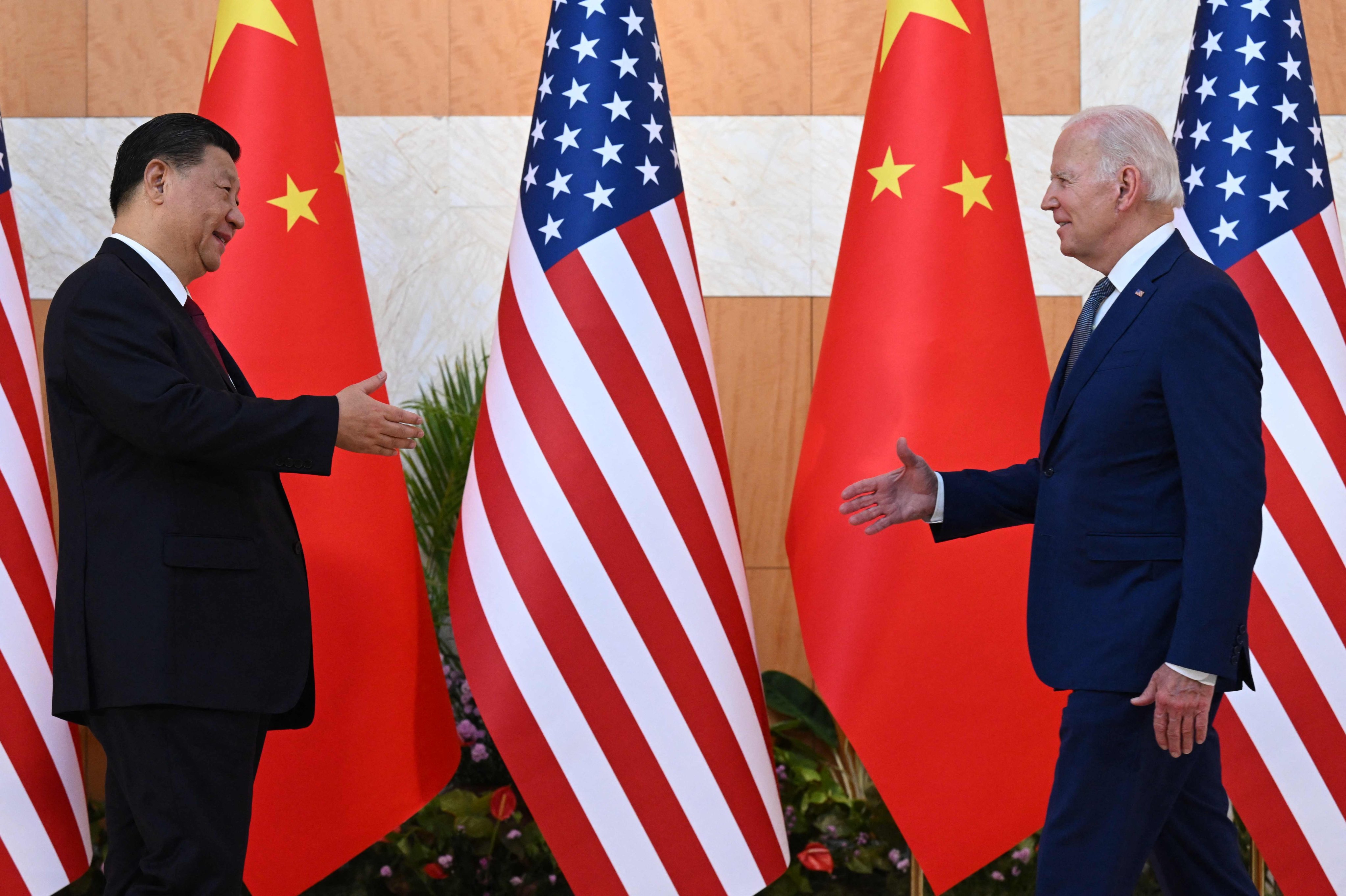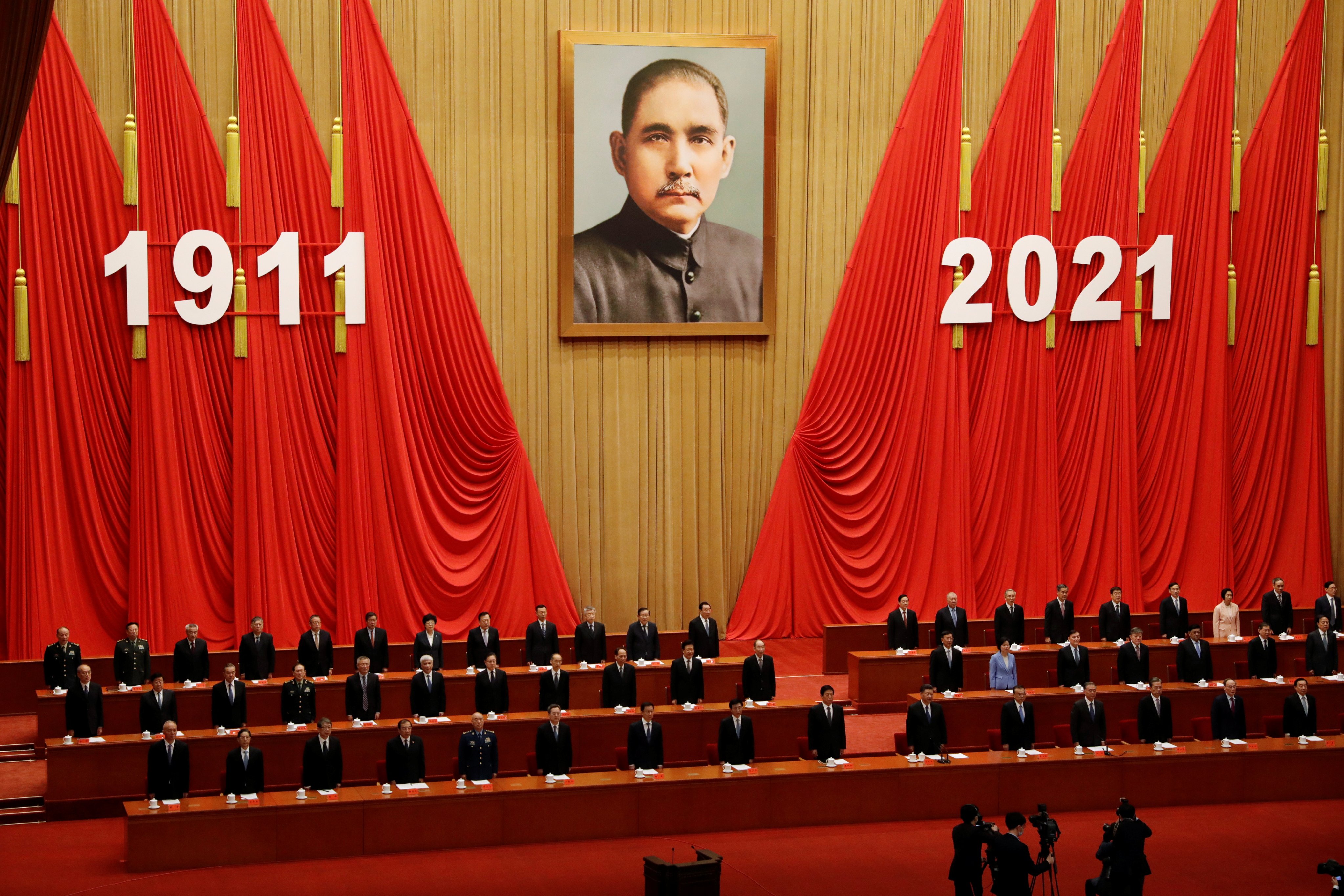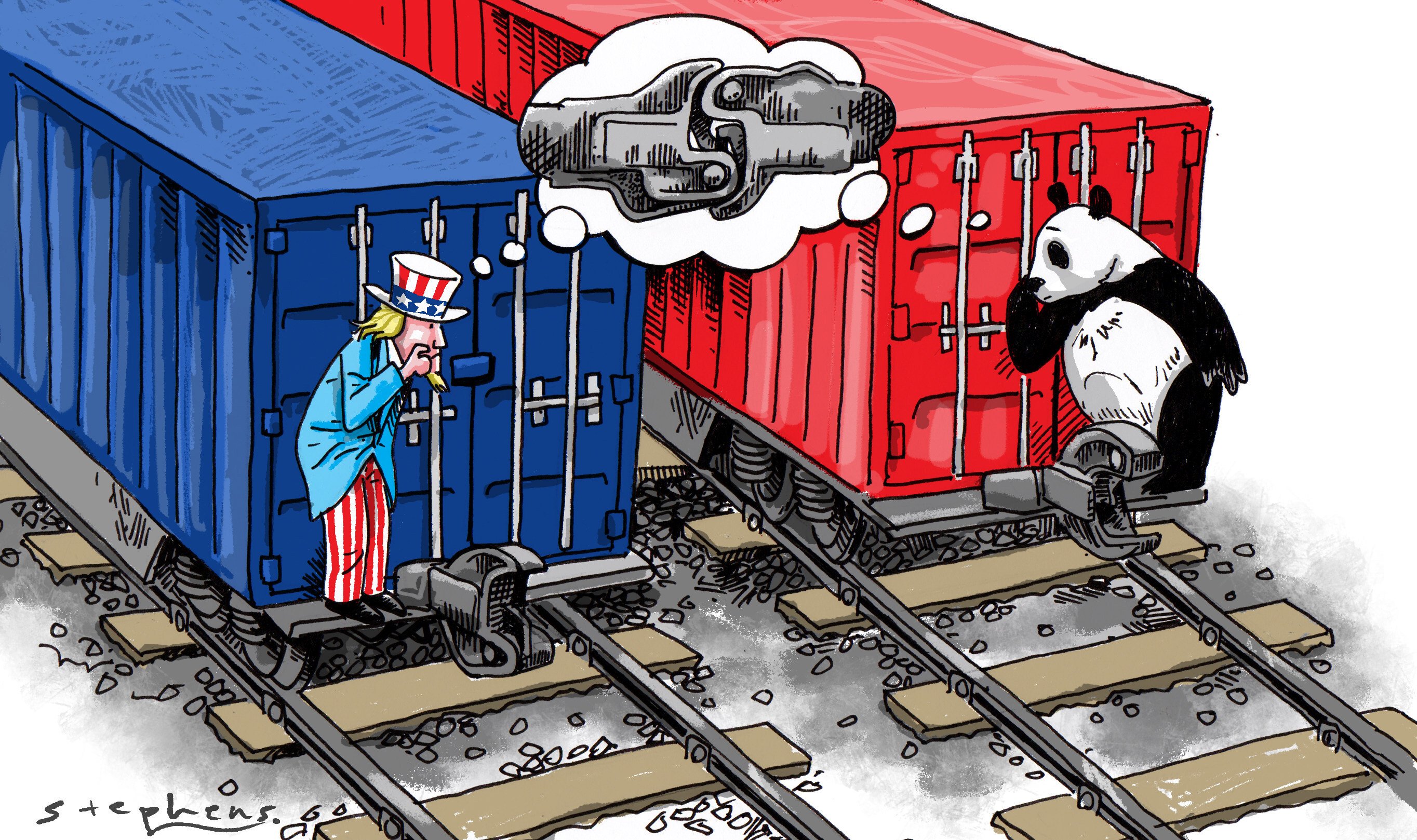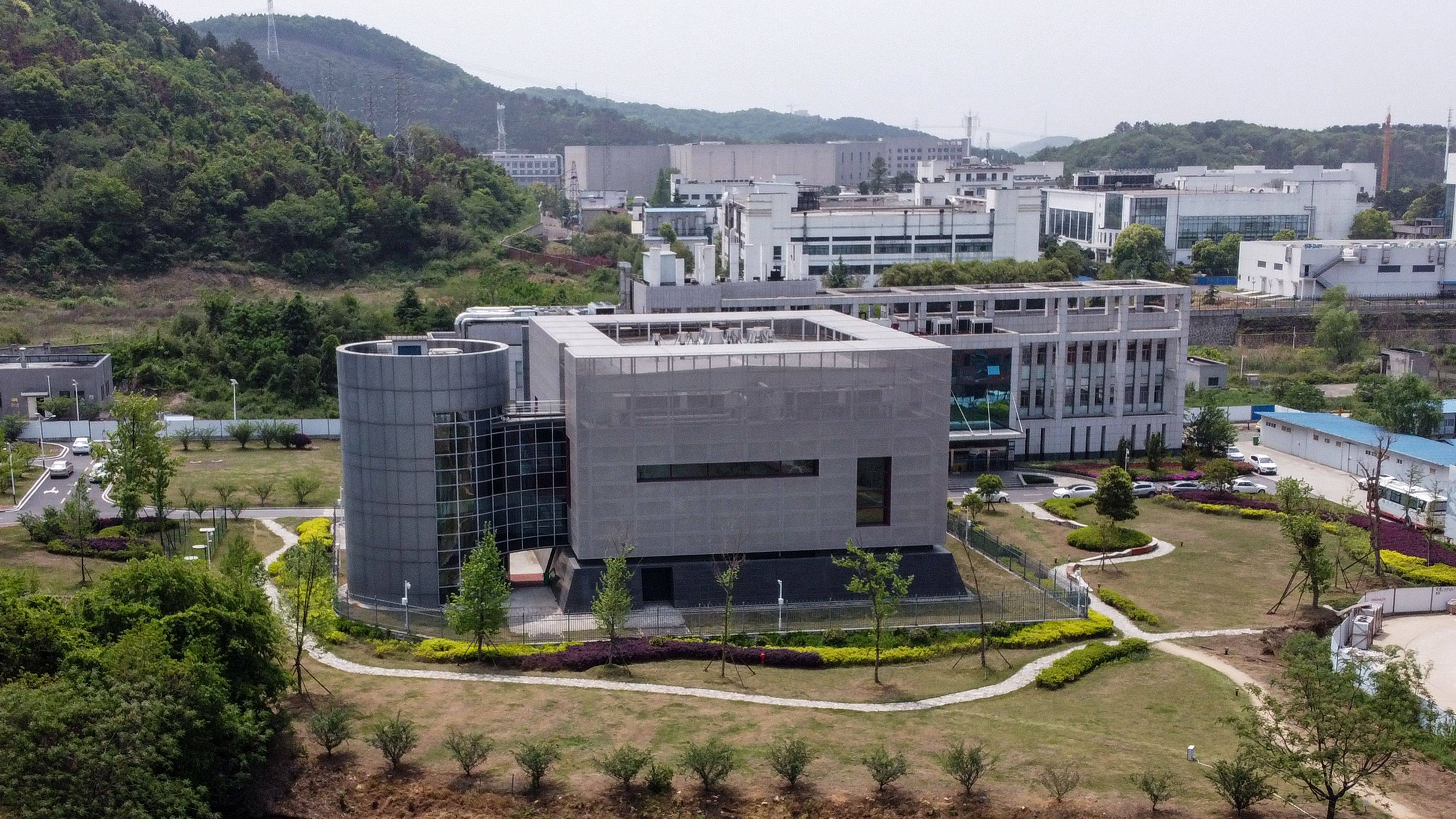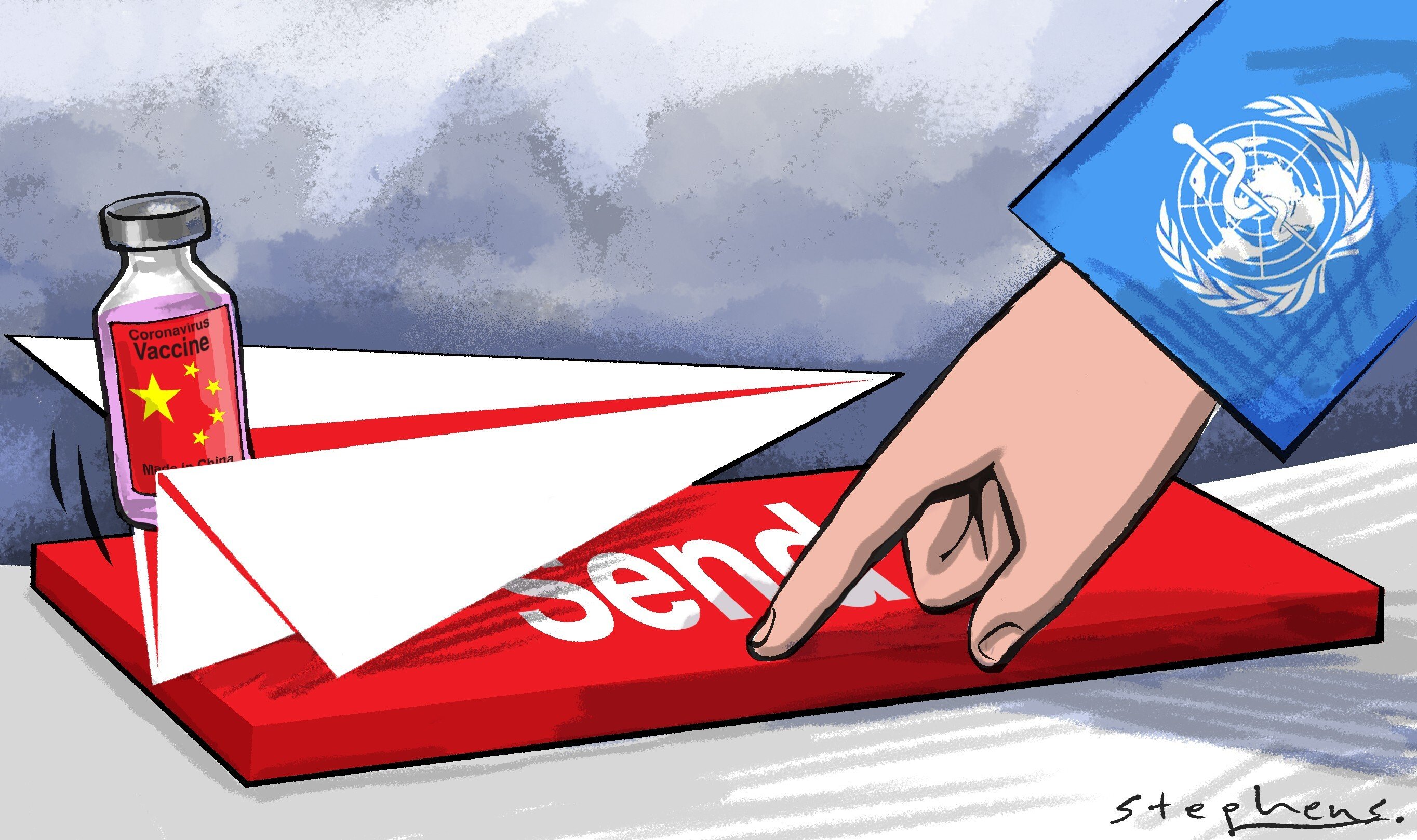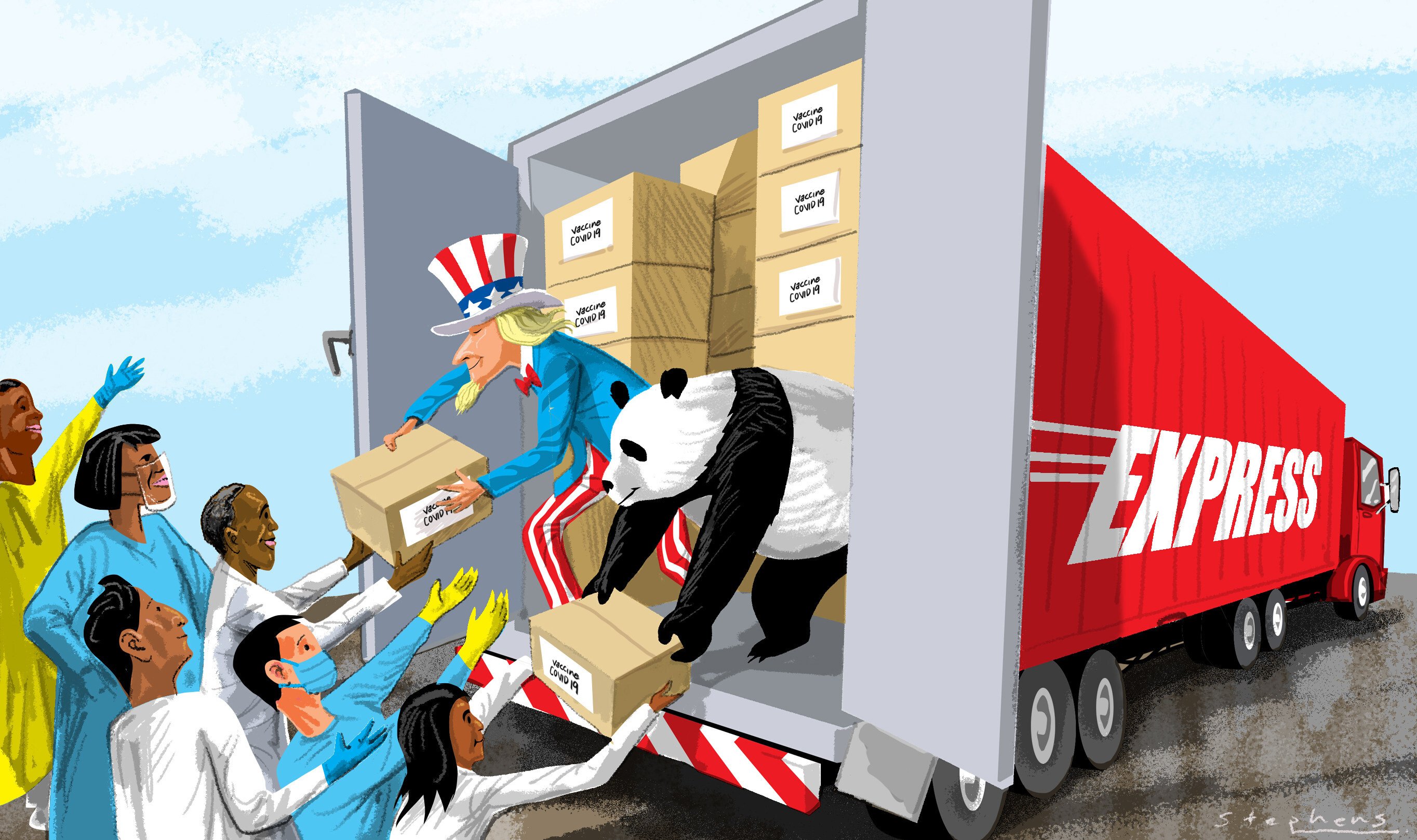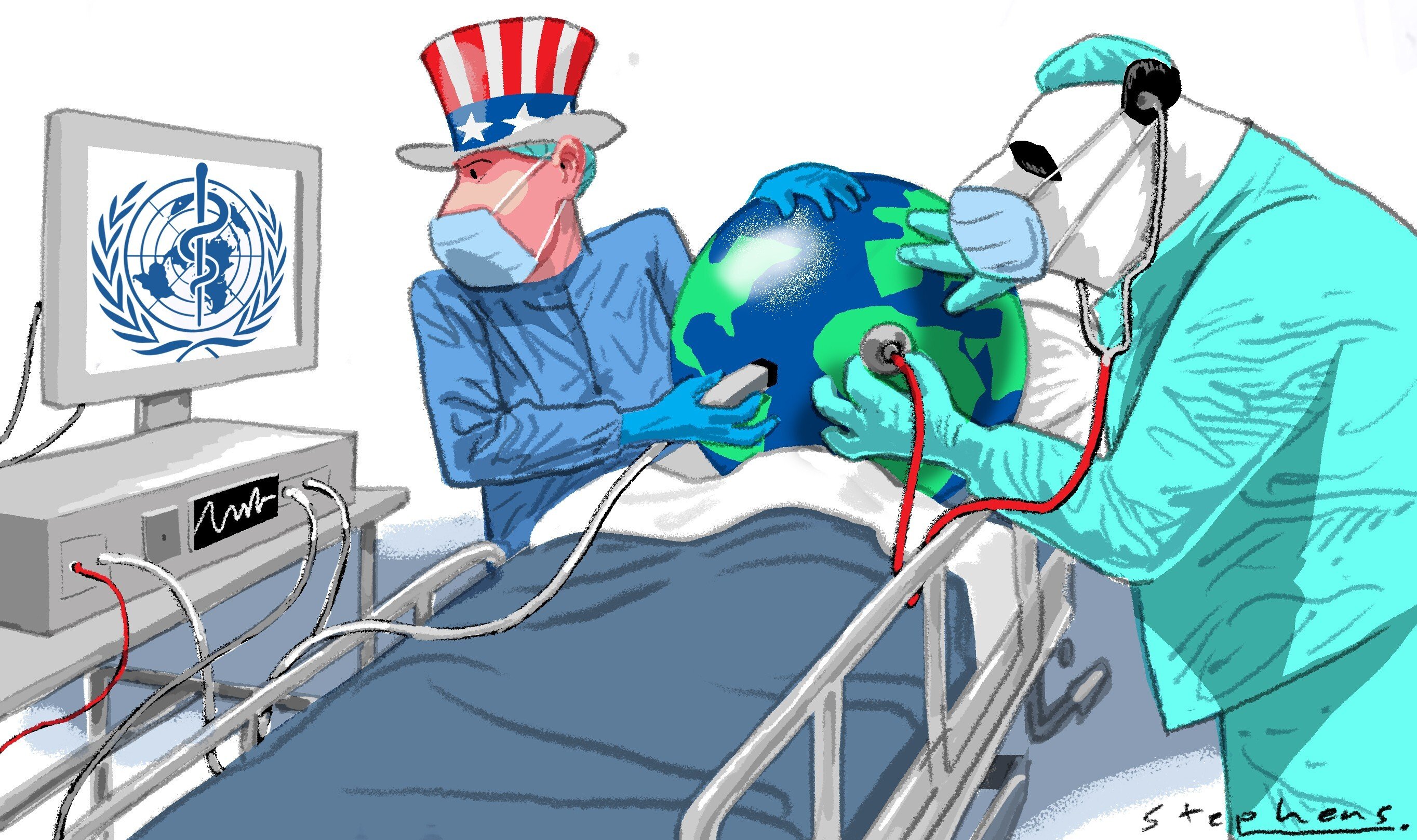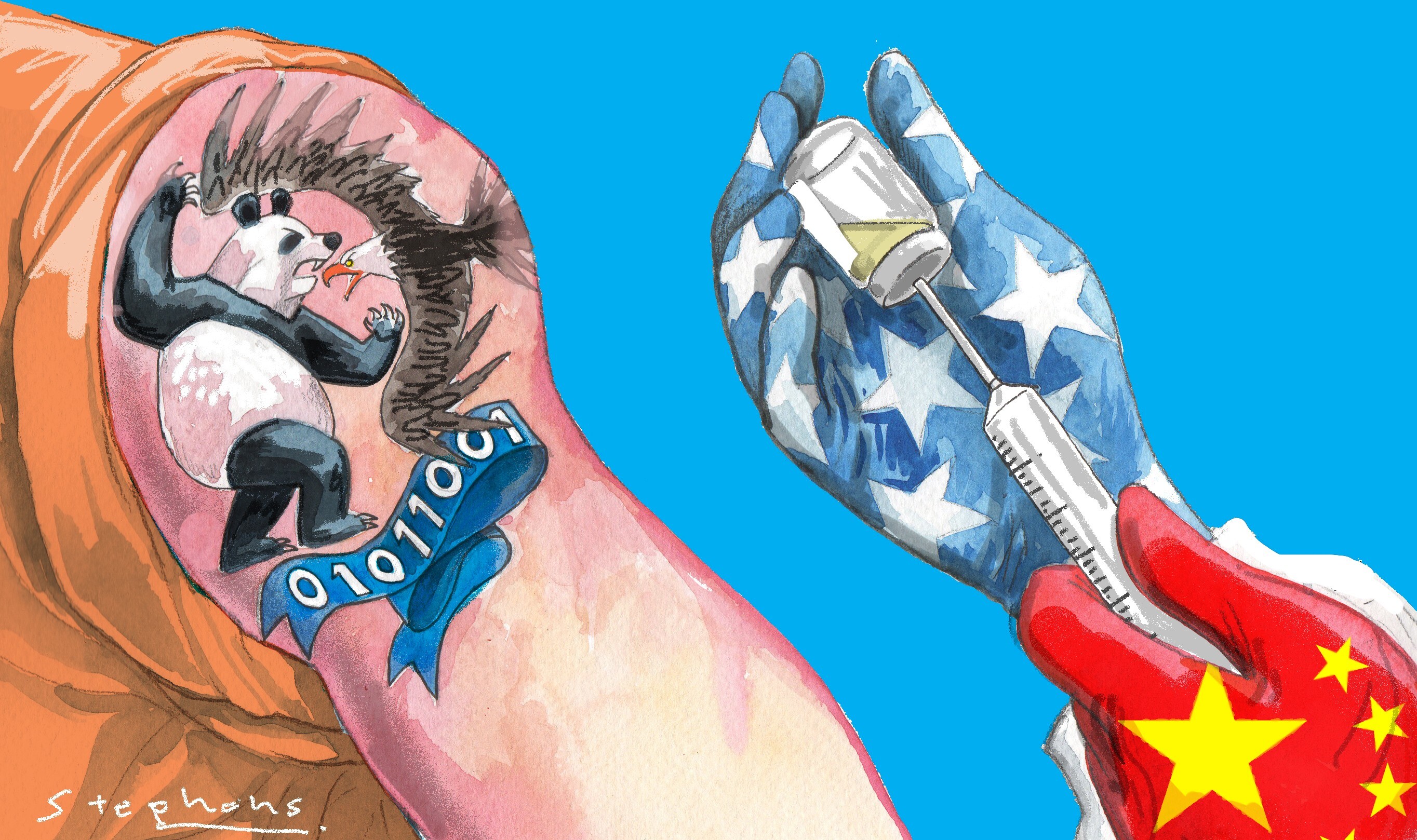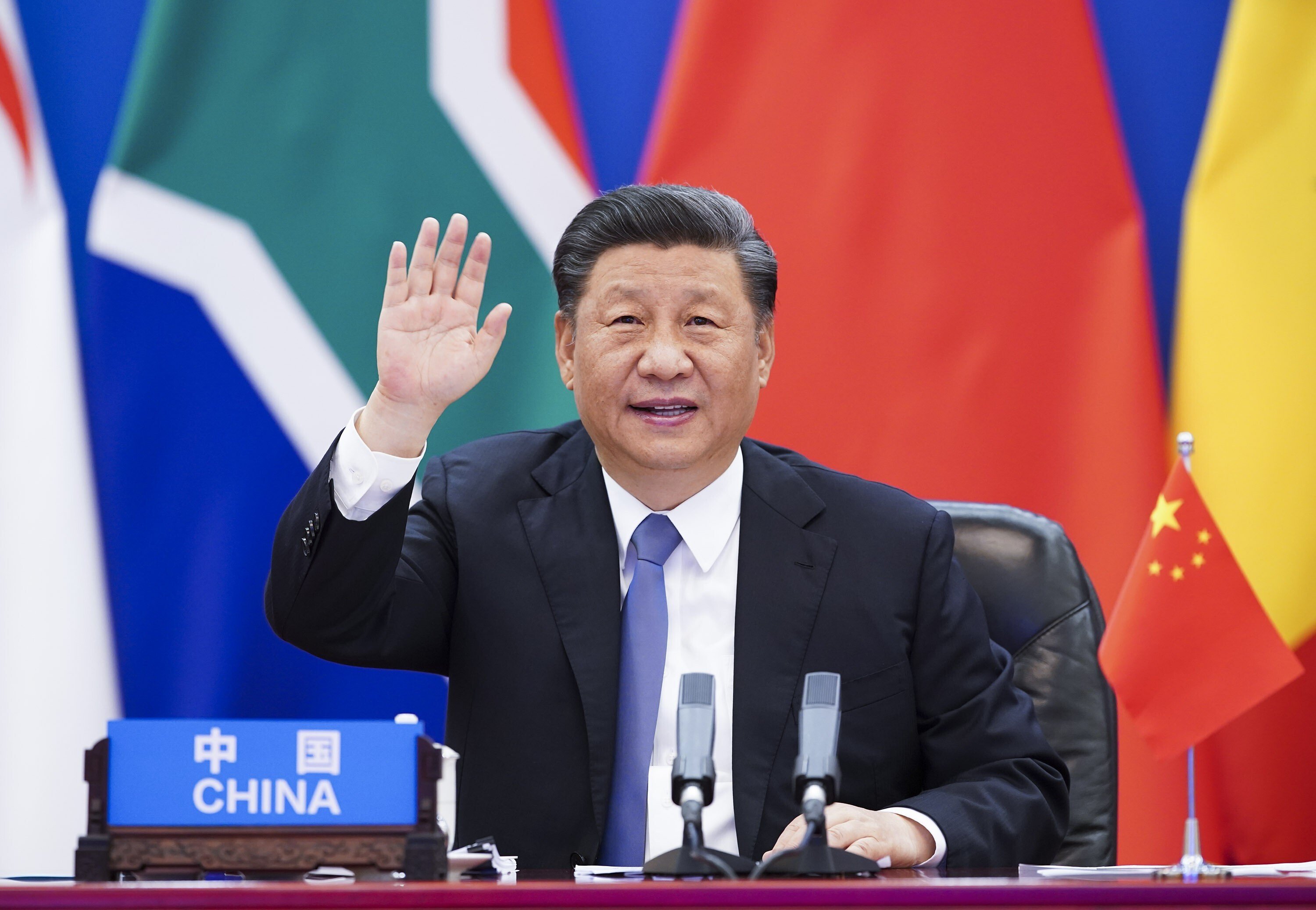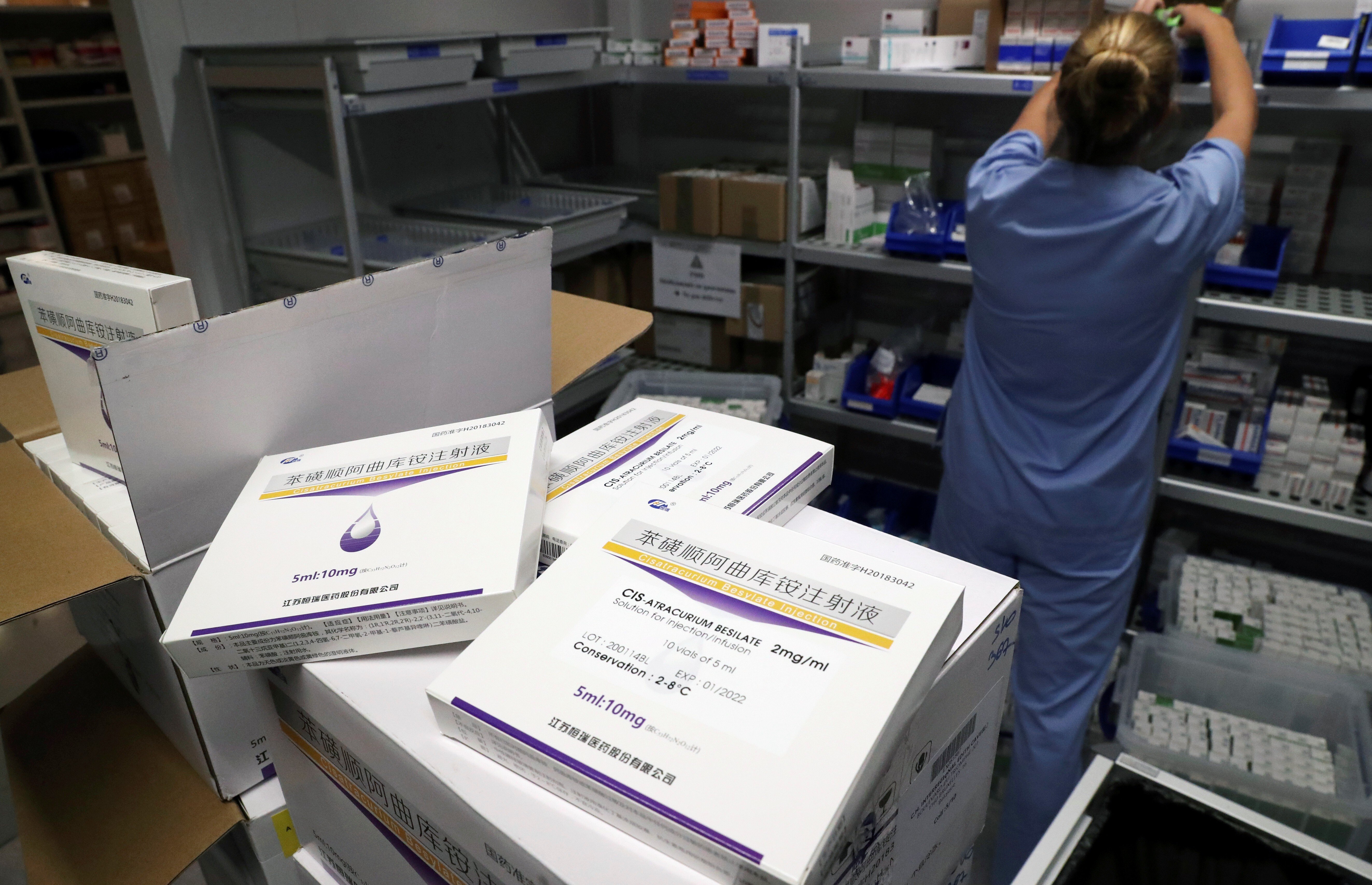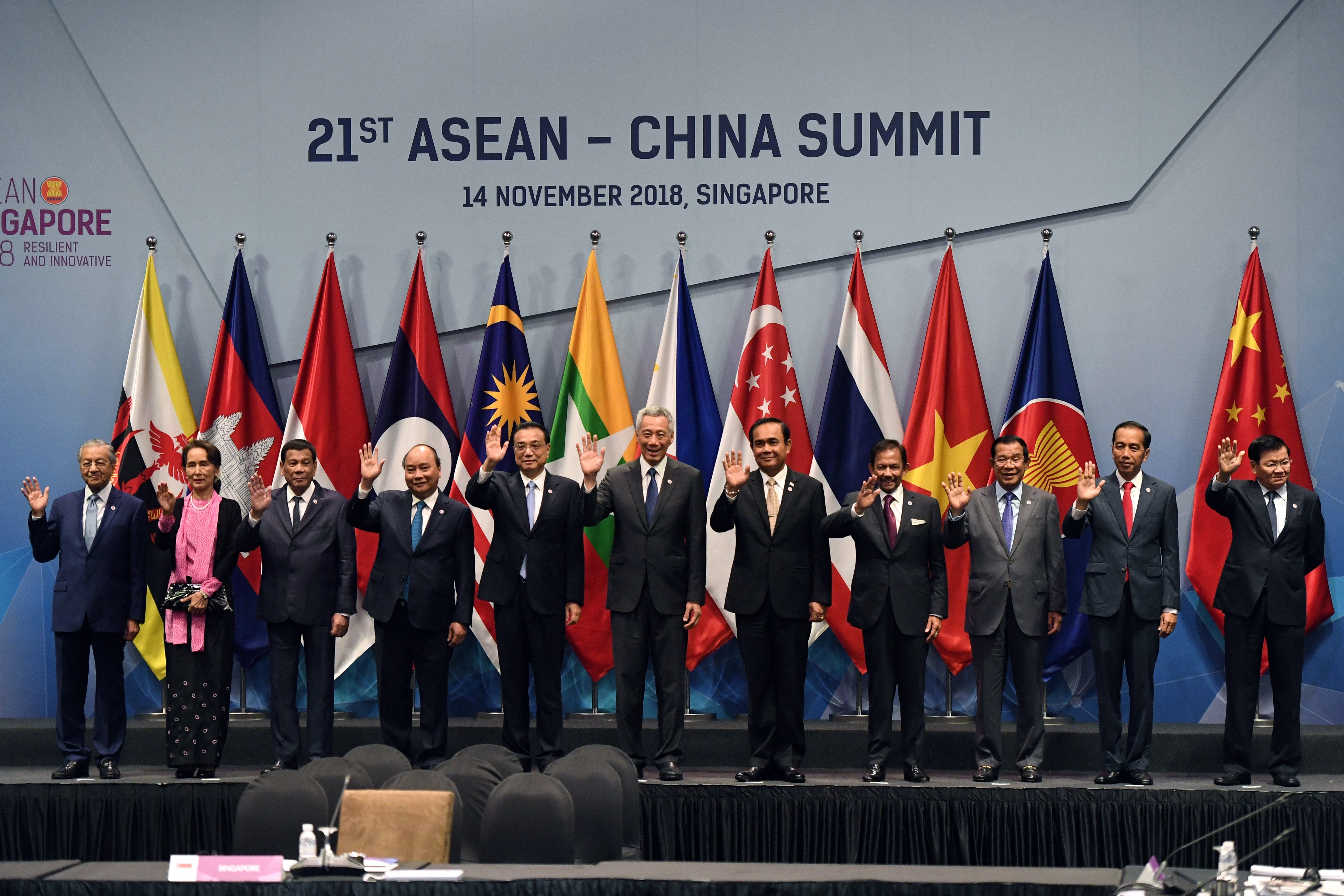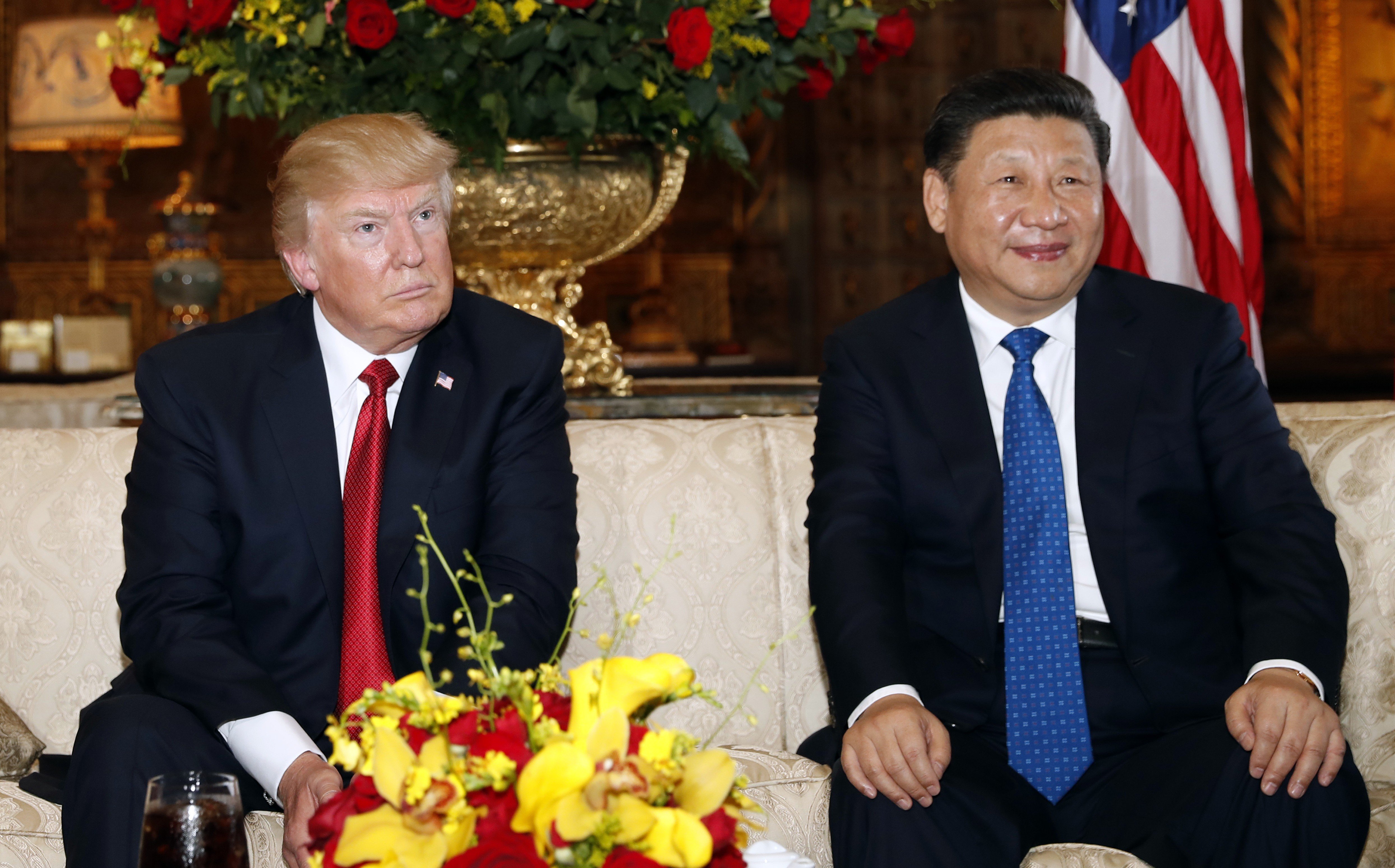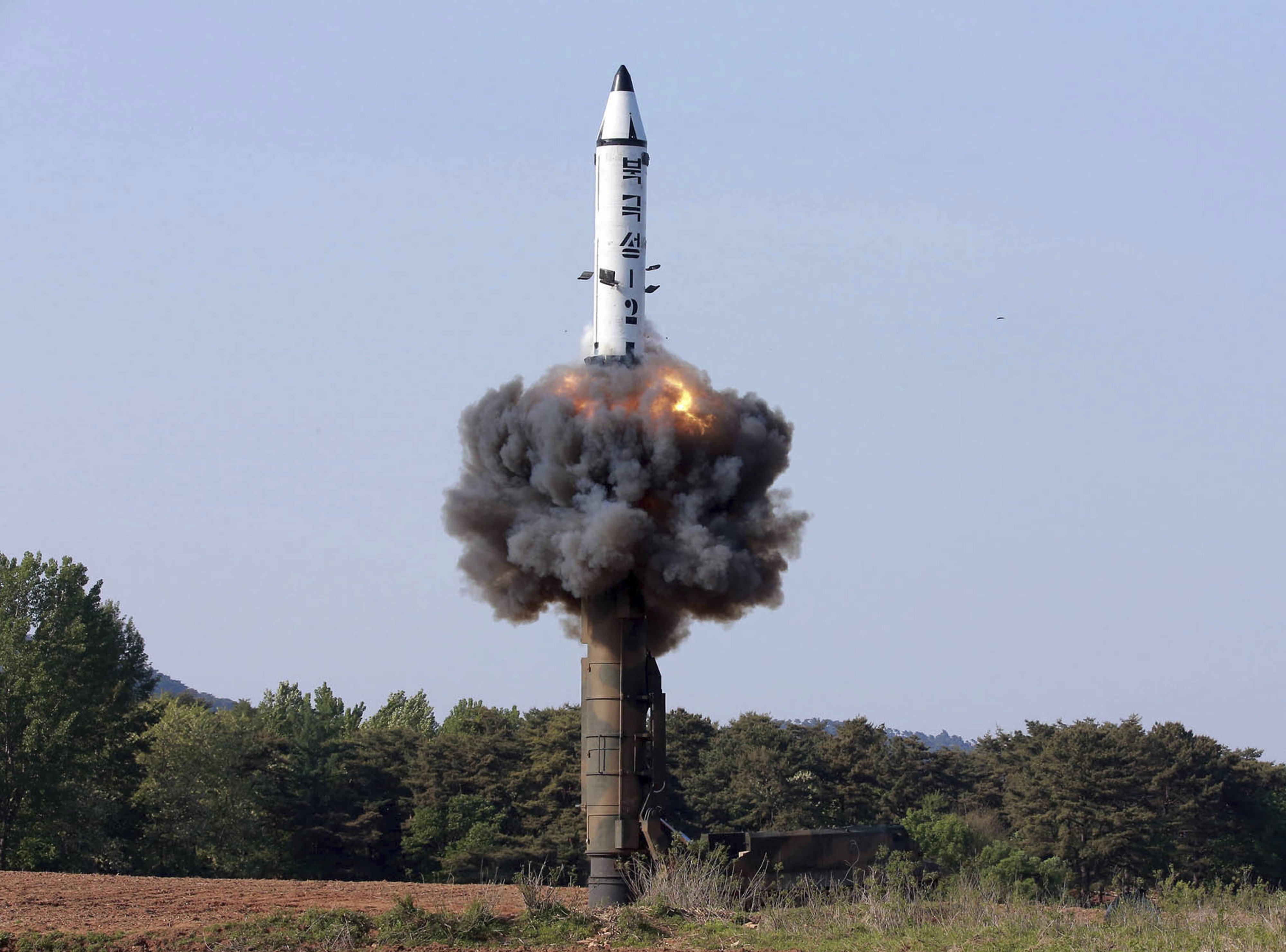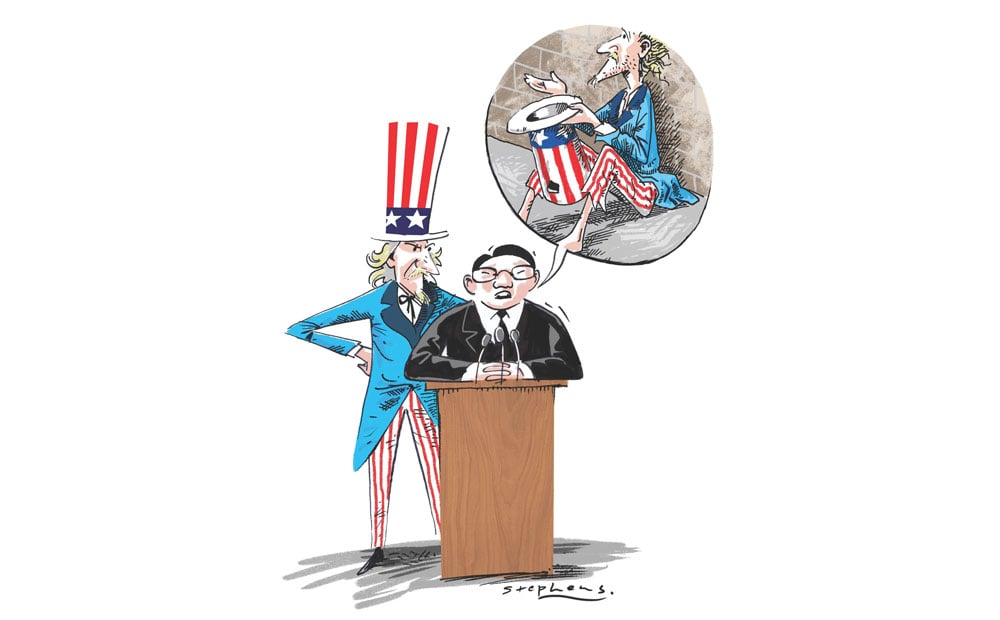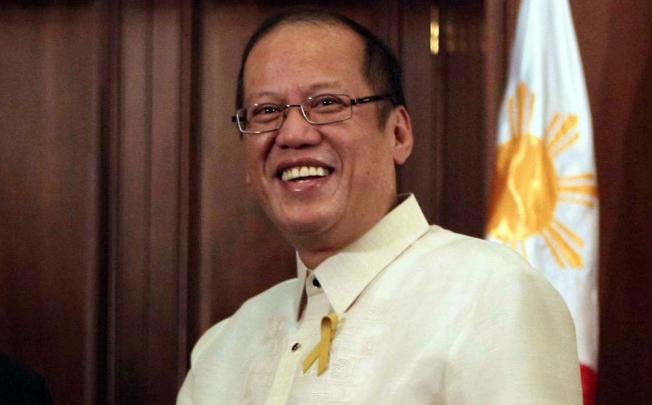
China’s vast population makes it a rich source of medicinal and medical data for researchers and developers in the US. Meanwhile, knowledge gained about America’s challenges on opioid regulation and treatment can be valuable for Chinese public health authorities.
The Soviet idea of coexistence was to prevent military conflict, which was seen as a viable choice. But for the Chinese, coexistence underlines global interaction and trade. No country should be forced to accept a bifurcated world economy.
Viewed through a Chinese prism, the nature of North-South relations does not have the postcolonial underpinnings in the Western sense of the term.
‘Recoupling’ can be particularly useful if it means leaving global pharmaceutical chains untouched, setting a minimum threshold on national security reviews of the tech trade or advancing the bilateral investment treaty.
Chinese scientists fear the space is narrowing to pursue normal collaboration on biosafety both in China and outside. Chinese access to scientific knowledge, research materials and lab equipment with both civilian and military applications is becoming more restricted.
As Chinese vaccine makers align with best global practices, China’s reputation will be bolstered by the data quality and transparency. China should also work with other countries to establish commonly accepted rules for international travel by fully vaccinated individuals
China should work with the WHO and other international entities to make Covax and similar schemes a success. Being active in multilateral channels can help overcome geopolitical hurdles and ensure access to more foreign markets in the future.
Working with and through Asean is a step in the right direction as Beijing navigates the sensitivity around its investments in Myanmar while respecting Myanmar’s autonomy.
Given the global vaccine shortage, the US and China should be looking at how to supply as many vaccines as quickly as possible, particularly to poorer nations.
Seeing China as a burden on world health rather than a contributor of solutions or dismissing the ‘Health Silk Road’ as a geopolitical ploy are not helpful. Rather, the US – and China – should view global health more as a public good.
Even if freeing all technology from geopolitical rivalry is impossible, the US and China can mark out the boundaries of their competition by cooperating on a Covid-19 vaccine, for the good of all humanity.
As countries interact under the South-South cooperation framework, differences must be acknowledged even as collective standards are worked out. Global South countries must also participate in schemes that promote equitable access to Covid-19 vaccines.
High-profile economist Li Daokui said that Beijing could restrict drug exports to the US if the Trump administration was to cut China’s access to semiconductors.
Economically, politically and strategically, the Southeast Asian bloc has provided China a valuable seat at the table of regional diplomacy since becoming dialogue partners in 1996 ... but they’ve had their ups and downs
Talk of the US being on the decline is back in vogue. This time, China features more prominently - if not solely - in the follow-up question: which country is going to benefit? My answer is different: it's certainly not China who will benefit.

